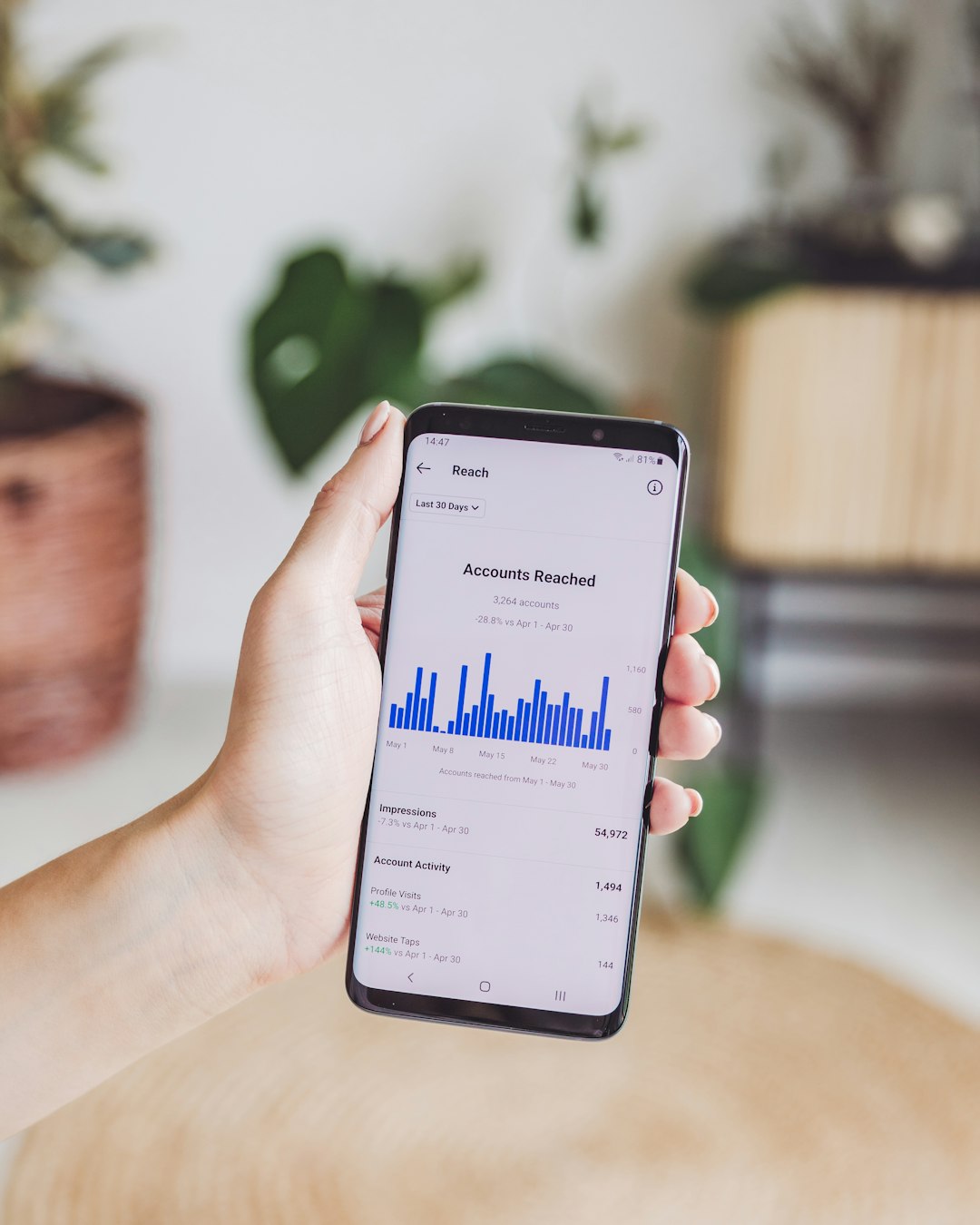No Call Laws in Alabama protect residents from unwanted phone solicitations by telemarketers, offering consumers control over their personal time and privacy. In Auburn, these laws significantly reduce marketing interruptions during meals, leisure, or downtime, benefiting homeowners, renters, and students alike. While some neighborhoods still face unsolicited calls, the legislation fosters healthier customer relationships for businesses and safeguards consumer information from identity theft risks. Overall, No Call Laws enhance privacy protections for Alabamans, enabling them to enjoy quieter home environments free from relentless sales calls.
“Discover how Alabama’s groundbreaking No Call Laws are reshaping communication dynamics in Auburn. This article explores who truly benefits from these regulations, delving into their impact on residents, businesses, and privacy. From protecting individuals against unwanted calls to fostering a more balanced commercial environment, the effects reverberate throughout the community. Understanding these laws and their advantages is crucial for navigating the evolving landscape of consumer protection, especially in relation to No Call Laws Alabama.”
Understanding Alabama's No Call Laws: A Brief Overview

In the state of Alabama, “No Call Laws” are designed to protect residents from unwanted phone solicitations, particularly from telemarketers. These laws give consumers the right to refuse unsolicited calls, limiting the number of marketing calls they receive. The primary benefit lies in providing individuals with more control over their personal time and privacy. By registering on the state’s “Do Not Call” list, Alabama residents can significantly reduce the volume of sales or service offers they get from businesses across the board.
This legislation is a game-changer for those who value their peace and quiet, especially in areas like Auburn where a vibrant community coexists with residential neighborhoods. For instance, students, seniors, and working professionals can all benefit by avoiding intrusive calls during personal time. This brief overview highlights the essence of Alabama’s No Call Laws, offering a clearer picture of how they work to safeguard the interests of consumers in the face of commercial intrusiveness.
Who is Protected by These Laws?

In Auburn, as in the rest of Alabama, the No Call Laws are designed to protect residents from unwanted phone calls, specifically those from telemarketers and sales representatives. These laws restrict businesses from making automated or prerecorded calls, certain live calls, and calls using an automatic dialer without prior consent, often known as “do not call” lists.
The primary beneficiaries of these regulations are consumers who wish to enjoy their personal time free from intrusive marketing efforts. Homeowners, renters, and any individuals in Auburn can rest assured that their peace of mind is prioritized, allowing them to avoid unwanted distractions during meals, leisure activities, or personal downtime.
The Impact on Different Communities in Auburn

In Auburn, Alabama’s no-call laws significantly impact various communities differently. For residents in quieter residential areas, these laws can be a boon, curbing unwanted phone solicitations and allowing them to enjoy peace and tranquility at home. Students living in dorms or apartments might not experience as much benefit, given the frequent calls from educational institutions and marketing campaigns targeting young adults.
Low-income neighborhoods often face unique challenges, with persistent telemarketing calls that can be a financial burden due to data costs. The no-call laws offer a layer of protection for these communities, ensuring they’re not harassed by unsolicited calls. In contrast, businesses in Auburn, especially those heavily reliant on phone marketing, must adapt their strategies, potentially leading to shifts in sales tactics and customer engagement methods.
Businesses and the No Call Policy: A Mutual Benefit

In Auburn, like many places in Alabama, the No Call Laws are a double-edged sword that benefits both residents and businesses. For businesses, these laws represent a crucial step in fostering healthier customer relationships. By restricting unsolicited phone calls, especially from telemarketers, businesses can reduce consumer frustration and build trust. This is mutually beneficial as satisfied customers are more likely to make repeat purchases and recommend the business to others.
Moreover, the No Call Laws allow businesses to be more strategic with their outreach efforts. They can now focus on targeted marketing, ensuring that calls are made only to those who have consented or shown interest in their products or services. This not only saves businesses time and resources but also increases the effectiveness of their sales and marketing campaigns. In turn, residents enjoy a quieter home environment, free from unwanted and often persistent phone calls.
Enhancing Consumer Privacy: Key Advantages for Residents

In Auburn, as across Alabama, the implementation of No Call Laws has brought about significant changes in consumer privacy protections. These laws are designed to prevent unwanted phone calls from telemarketers and other businesses, offering residents a much-needed respite from persistent sales pitches. One of the key advantages for Auburn residents is the enhanced privacy they now enjoy. By limiting the number of unsolicited calls, these laws empower individuals to have more control over their personal information. Residents can rest assured that their phone numbers are less likely to be shared or sold without consent, reducing instances of identity theft and fraud.
Moreover, the No Call Laws provide a sense of peace and tranquility in an era when personal data is increasingly valuable. Auburn citizens can now enjoy their downtime without the constant interruption of telemarketing calls. This change not only reduces stress but also allows residents to make more informed decisions about sharing their contact information, thereby giving them back a measure of control over their digital footprint.






